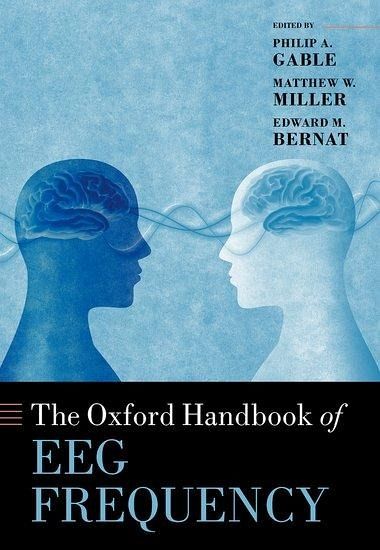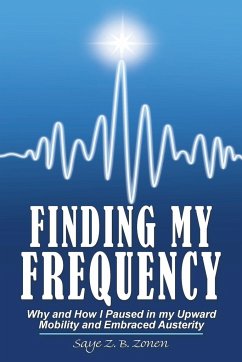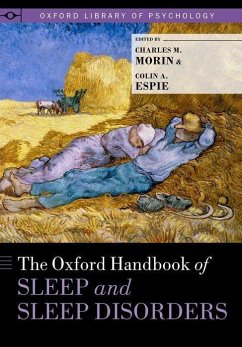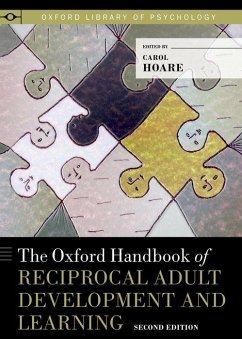
Gebundenes Buch
The Oxford Handbook of Eeg Frequency
Versandkostenfrei!
Versandfertig in über 4 Wochen

PAYBACK Punkte
74 °P sammeln!




The Oxford Handbook of EEG Frequency provides a diverse perspective on the use of electroencephalography (EEG), giving readers the opportunity to learn about a vast array of methods to conduct EEG frequency analyses, from 'traditional' to cutting-edge techniques, providing a comprehensive and in-depth overview of the topiic.
Philip Gable is an Associate Professor of Psychology in the Department of Psychological and Brain Sciences at The University of Delaware. He received his PhD in Social Psychology in 2010 from Texas A&M University. Dr. Gable spent 10 years at the University of Alabama before moving to the University of Delaware. His work focuses on basic research of motivation, emotion, and cognitive processes, as well as translational research on substance use and atypical development. Matthew Miller is an Associate Professor of Kinesiology in the School of Kinesiology at Auburn University. He received his PhD in Neuroscience and Cognitive Science in 2012 from the University of Maryland. His work focuses on the bases of motor learning and performance as well as physical activity. Edward Bernat is an Associate Professor of Psychology in the Department of Psychology at the University of Maryland. He received his Ph.D. in Clinical Psychology in 1997 from the University of Michigan, where he also completed an APA-accredited internship and postdoctoral work in Biomedical Engineering. We served as a Research Associate in Clinical Psychology at the University of Minnesota and then core faculty in Clinical Psychology at Florida State University before moving to the University of Maryland in 2013. His research focuses on brain mechanisms that underlie individual differences in cognitive and affective processing.
Produktdetails
- Verlag: Oxford University Press
- Seitenzahl: 630
- Erscheinungstermin: 11. November 2022
- Englisch
- Abmessung: 248mm x 177mm x 38mm
- Gewicht: 1368g
- ISBN-13: 9780192898340
- ISBN-10: 0192898345
- Artikelnr.: 66144634
Herstellerkennzeichnung
Libri GmbH
Europaallee 1
36244 Bad Hersfeld
gpsr@libri.de
Für dieses Produkt wurde noch keine Bewertung abgegeben. Wir würden uns sehr freuen, wenn du die erste Bewertung schreibst!
Eine Bewertung schreiben
Eine Bewertung schreiben
Andere Kunden interessierten sich für











